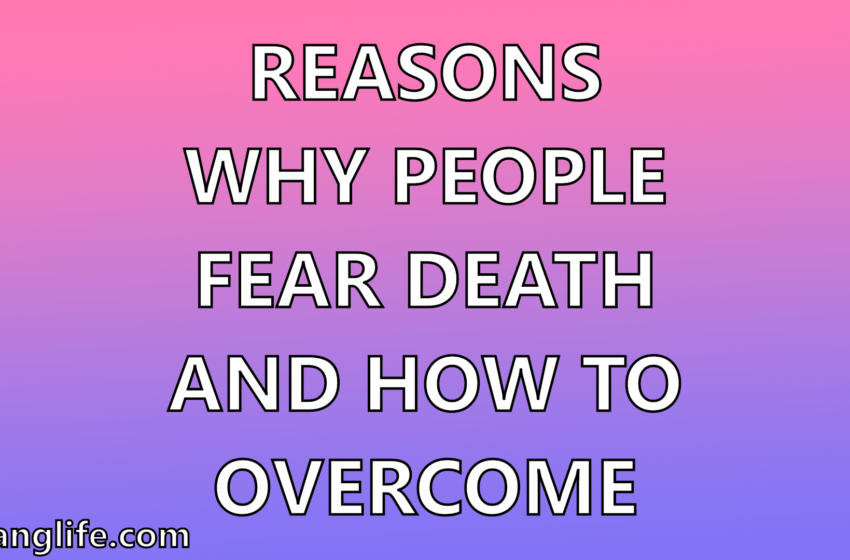The unease one experiences when gazing someone in the eyes directly is referred to as eye contact anxiety. When conversing with someone, someone who experiences eye contact anxiety may avoid making eye contact. If they do establish eye contact, they could feel as though they are being inspected or condemned.
Eye contact anxiety can arise for a variety of causes. Avoiding eye contact could be a sign of shyness or a lack of confidence in those who do not have a mental health problem that has been diagnosed. For people who haven’t had much practice conversing or who like to avoid the spotlight, looking someone in the eye while speaking can feel awkward.
1. Social anxiety disorder
Making eye contact in social situations can be extremely uncomfortable for persons with social anxiety, and it may even make them fearful. They might be trying to protect themselves from any potential awkwardness or vulnerability by avoiding eye contact.
Avoiding eye contact with anxious people can help them feel less stressed because they can also be worried about what the other person is thinking.
2. Shy or embarrassed
People may avoid making eye contact out of shyness or shame. They might feel insecure about their appearance or uneasy in a particular social setting.
A shy person (or woman) may also be afraid of being judged by others, which causes them to avoid any potential criticism by averting their eyes. Low self-esteem, a fear of being rejected, a sense of inadequacy or insecurity regarding one’s talents and abilities, problems with one’s body image, and previous traumatic events are just a few of the many possible causes of shyness or embarrassment.
3. Not interest and bore
People avoid eye contact because they are either bored with the conversation or don’t care about what is being said. Perhaps they are expecting the other person will sense their lack of interest and quit talking.
In social settings, this can be a bothersome behavior, especially when one is attempting to interact with someone who is ostensibly dodging their gaze.
The easiest method to handle this is to kindly notice the lack of eye contact and inquire as to whether the person would like to switch topics or end the conversation. The best course of action could be to simply finish the conversation politely if they continue to avoid establishing eye contact.
4. Cognitive or physical impairment
A cognitive or physical handicap is a very prevalent reason why people may not make eye contact. Conditions including autism, ADHD, dyslexia, and/or some sort of neurological impairment may fall under this category. Being understanding and patient is crucial.
Instead of waiting for them to make eye contact, try to concentrate on what they are saying and try to understand what is happening as quickly as possible. Instead, use a little more creativity when communicating, and keep in mind that smiles and hand gestures can convey more than words ever could. Who knows, you might even meet someone new in the process!
5. Power dynamic
Eye contact avoidance and power dynamics have a long history together. A silent power play occurs when someone feels better than you and keeps their eyes off of you. It can be used as a means of maintaining distance or to make someone feel inferior.
In any case, maintaining composure and composure is the best coping mechanism for this kind of dialogue. You won’t get anything from this circumstance if you seem angry or irritated.
No matter how awkward the scenario may seem, being assured and keeping your cool is the greatest strategy to thwart the power play. The greatest technique to convey your message may occasionally be to ignore the eye-avoidance. Since words are ineffective without deeds.
6. Low confidence
Ultimately, avoiding eye contact typically indicates low self-esteem. Low self-esteem causes many people to attempt to blend into the background so they won’t be seen. Sad to say, but it’s true: if a person avoids making eye contact with you, chances are good that they don’t think you’ll give them the benefit of the doubt and won’t even attempt.
Don’t take anything personally since, as I said before, it may not be about you. Try to engage them in conversation and extend some warmth if you see someone avoiding eye contact with you; it might help them feel more confident.
7. Avoid connection
Avoiding eye contact can be a way for some people to shield themselves since they may feel vulnerable when they are open and connected with someone. Between them and the other person, it acts as a barrier. Eye contact avoidance is a strategy used by certain people to escape uncomfortable circumstances. These people may be true introverts who find it difficult to interact with others.
The finest thing you can do in this situation is to show empathy and respect. Show them that you are available to them if they need to talk, but don’t press your point too much. In the end, it all comes down to comprehending the situation’s context and determining whether the person’s refusal to make eye contact has a deeper meaning.
8. ips to make eye contact
Make eye contact to begin with: Before you start speaking to someone, make eye contact.
Implement the 50/70 rule: 50% of the time when speaking and 70% of the time when listening, maintain eye contact.
Take 4-5 seconds to look: As long as it takes you to notice the color of their eyes, maintain eye contact for about four to five seconds at a time. When you look away, look to the side before returning to eye contact.
Look slowly away: Slowly turn your head when you glance away. Too much eye darting can give off the impression that you’re frightened or shy.
Use the triangle approach: You can choose to glance at another area of their face instead of averting your gaze or lowering it. Think of their eyes and mouth as an inverted triangle. Rotate your gaze to a different place on the triangle every five seconds.
Show your hand: Instead of averting your eyes because you’re uncomfortable with the prolonged eye contact, break your sight to make a gesture or nod; this comes across as more natural.
Search in the vicinity of the eyes: If seeing someone in the eyes is too stressful, try staring at a point on their chin, nose, or mouth.









